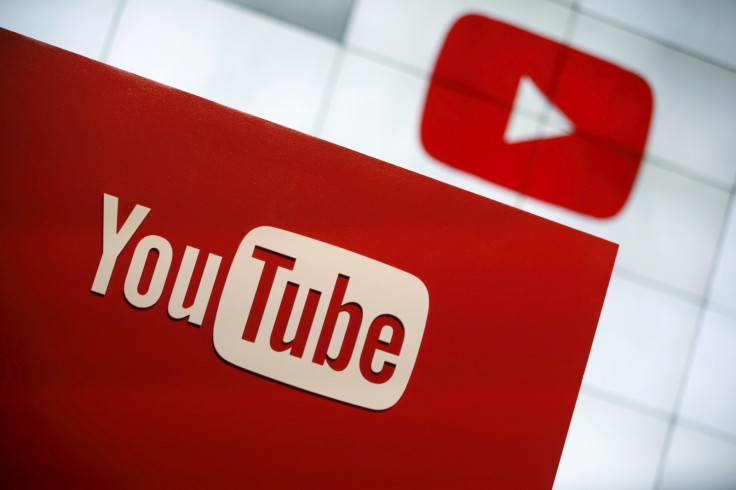Official bodies and major brands pull adverts from YouTube due to proximity to extremist material
Google chiefs called to Cabinet Office over racist, white supremacist and rape apologist content.

Millions of pounds of advertising have been pulled from the video platform YouTube after major brands and government departments found they were appearing next to content promoting extremism.
Adverts for the Cabinet Office, Honda and Argos, among others, were being shown alongside videos for racists, white supremacists and rape apologists, according to a Times investigation.
Once the findings were disclosed, many chose to withdraw their adverts from the Google platform until action was taken to resolve the issue.
A government spokeswoman confirmed to The Times it has suspended its YouTube advertising "pending reassurances" from Google. The government will also haul up the tech giant to answer questions on the matter.
"Google is responsible for ensuring that the high standards applied to government advertising are adhered to and that adverts do not appear alongside inappropriate content," the government spokeswoman said.
"Google has been summoned for discussions at the Cabinet Office to explain how it will deliver the high quality of service that government demands on behalf of the taxpayer."
According to the investigation, a typical advert on YouTube earns $7.60 (£6.16) for every 1,000 times it has been seen.
With some extremist videos garnering hundreds of thousands of views, that is potentially millions of pounds being funnelled to organisations and individuals advancing hateful agendas.
Home Office, BBC and Guardian compromised
Among those to have been affected are the Home Office, the Royal Navy, the Royal Air Force, Transport For London and the BBC. Channel 4, Visit Scotland, the Financial Conduct Authority (FCA), The Guardian and Sainsbury's have also been caught out.
Their adverts have been appearing next to videos of former Grand Wizard of the Ku Klux Klan David Duke and Egyptian preacher Wagdi Ghoneim, who has been banned from the UK since 2009 because he was considered to "foment, justify or glorify terrorist violence".
The investigation raises questions about how Google monitors the thousands of hours of footage uploaded to YouTube daily.
It comes days after MPs slammed YouTube for refusing to take down a video containing Duke making a number of anti-Semitic remarks in a 15-minute video.
A Google spokeswoman told the Times that the company had "strict guidelines" in relation to advert placement, which "work as intended" in the vast majority of instances.
The spokeswoman added that Google "doesn't always get it right, and sometimes ads appear where they should not," adding that it would make changes to policies and brand controls.
© Copyright IBTimes 2025. All rights reserved.






















